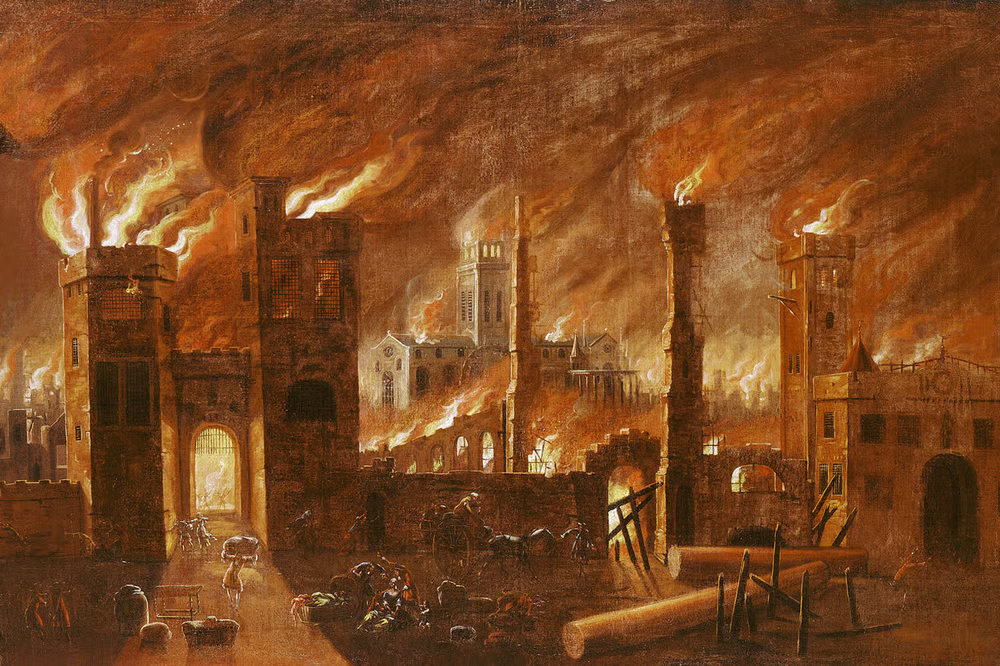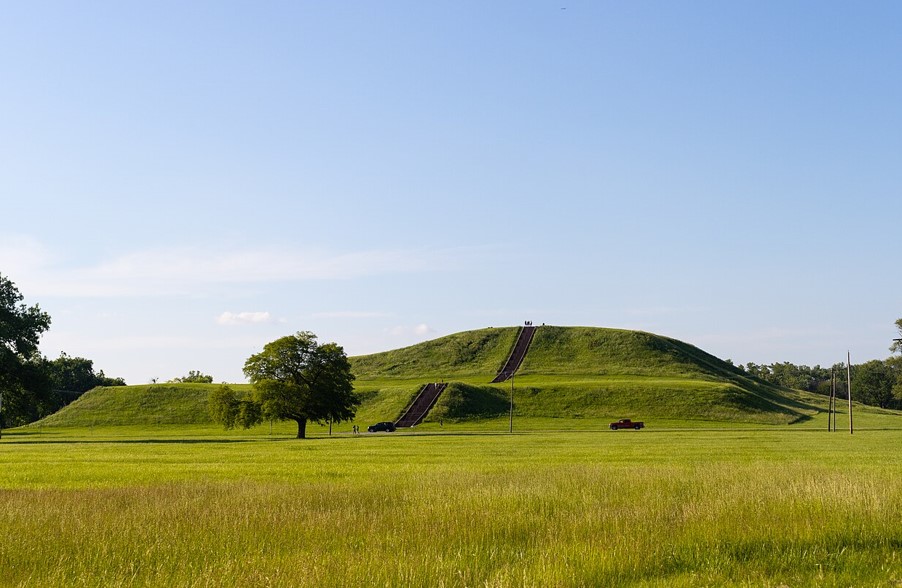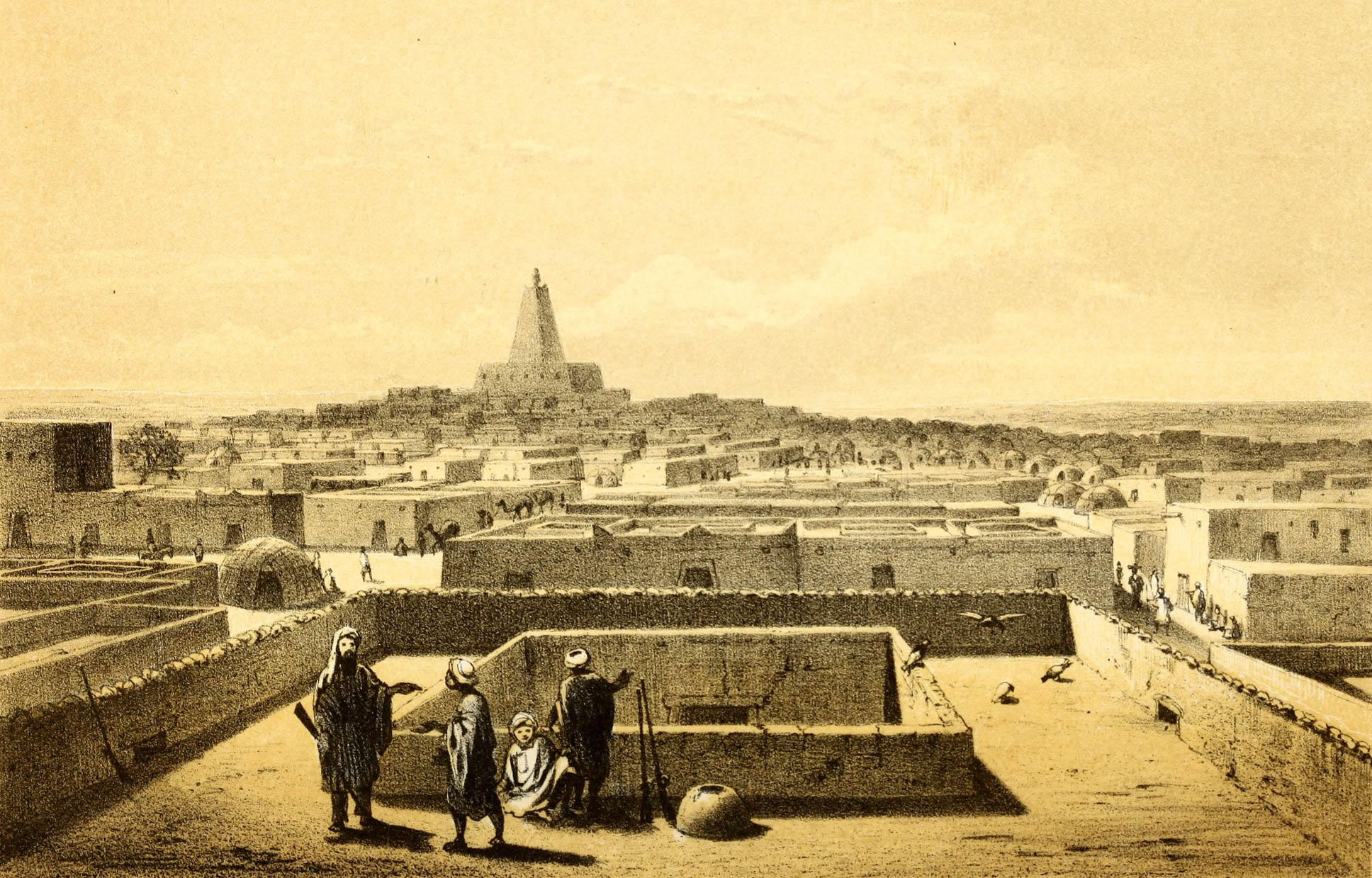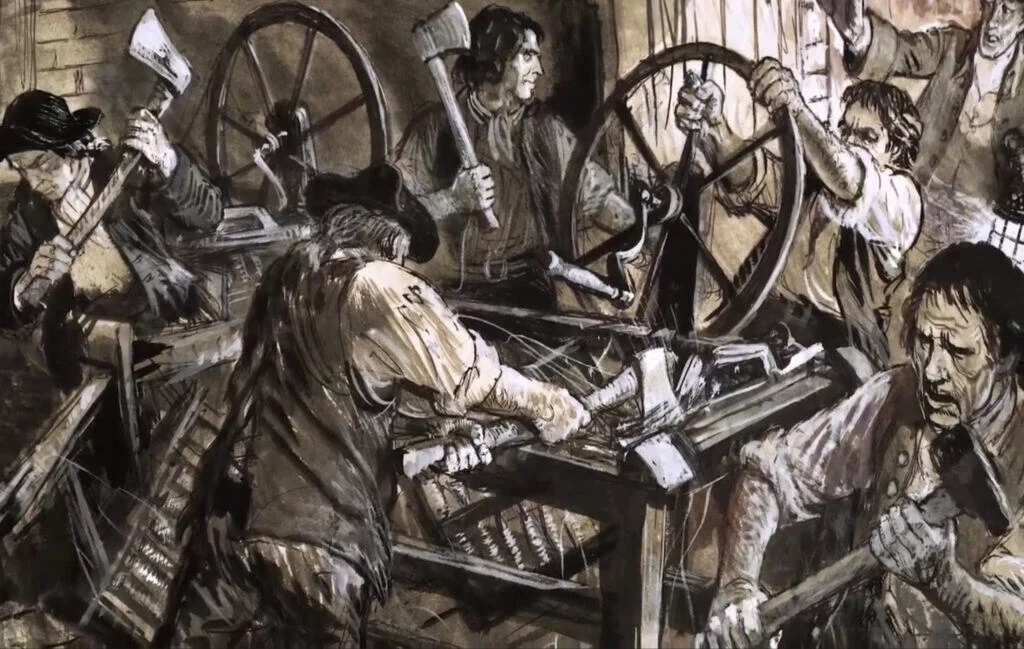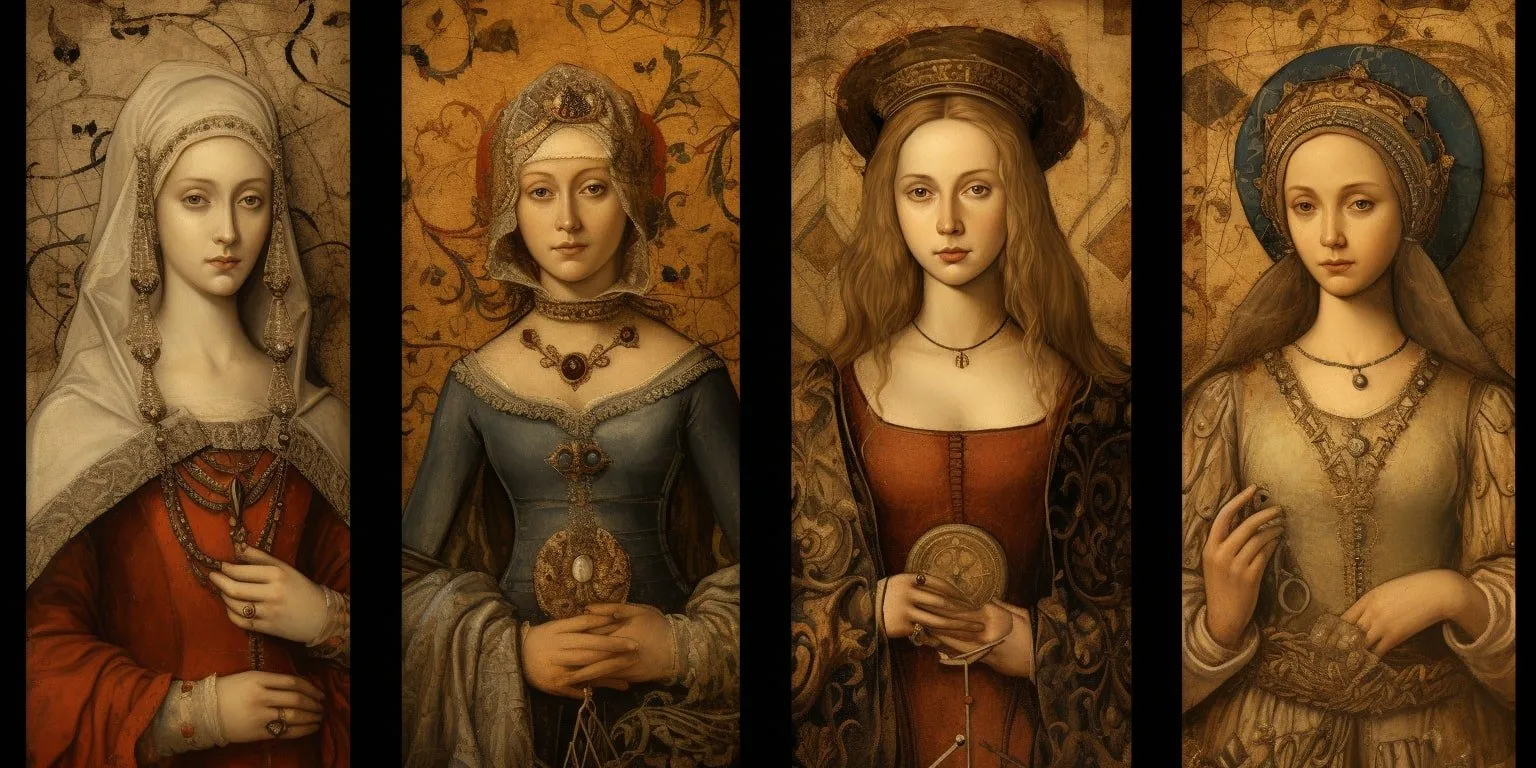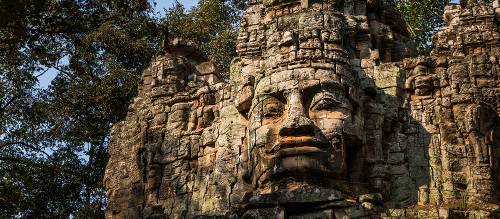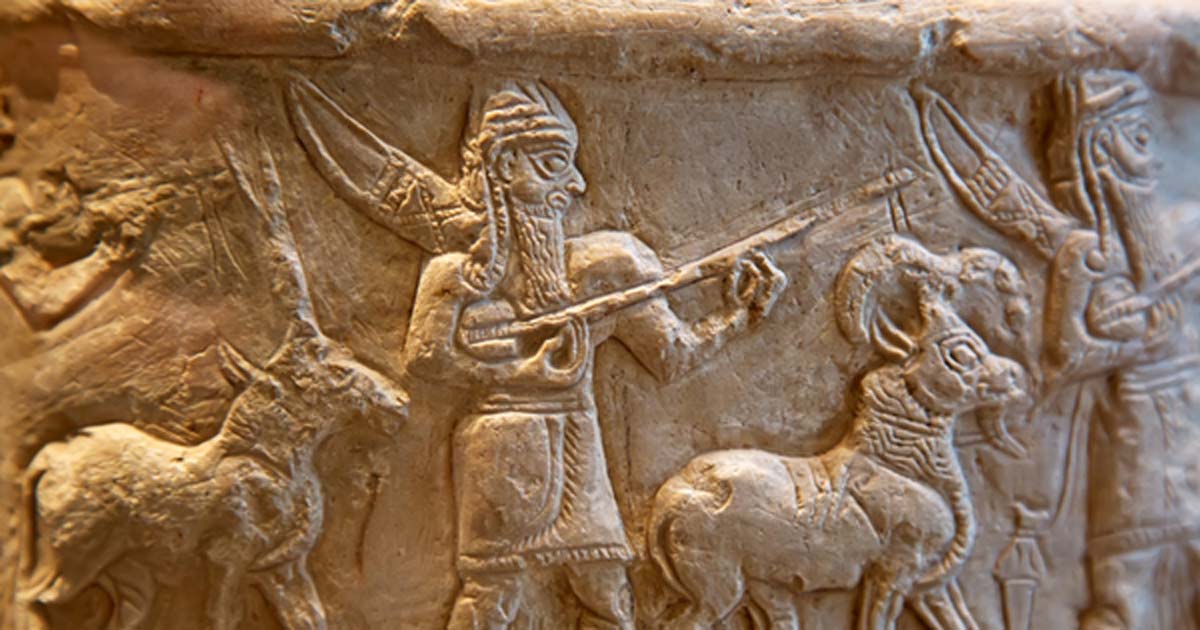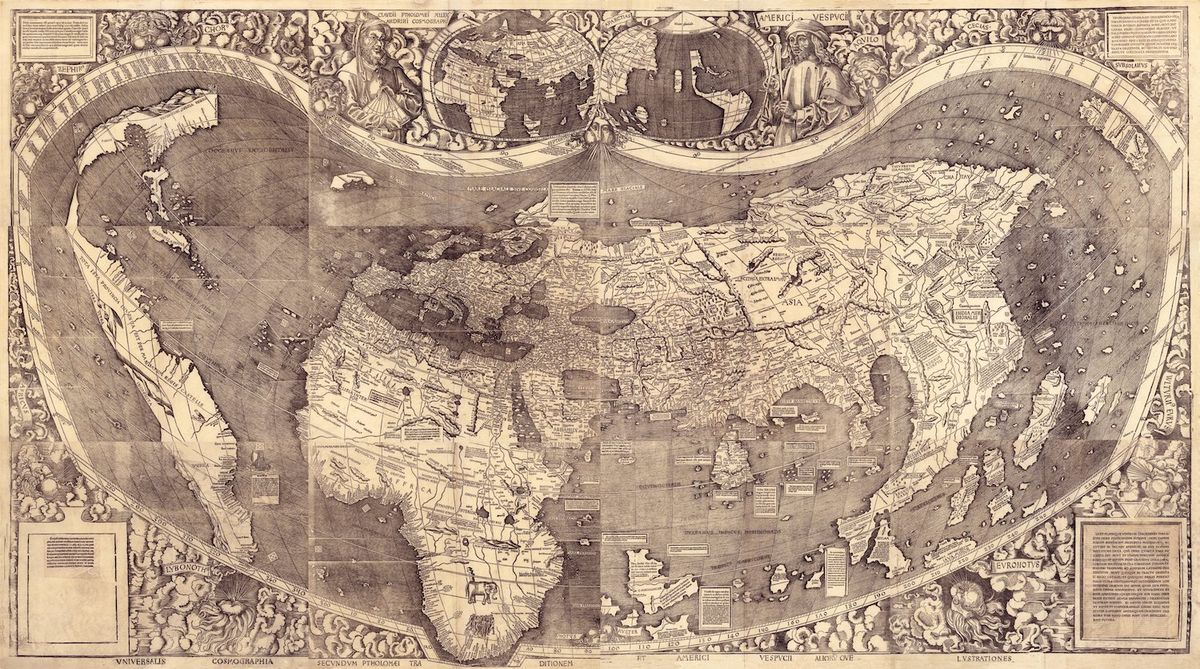In early September 1666, a seemingly ordinary early‐morning spark in a bakery on Pudding Lane ignited what would become the Great Fire of London. Over four days, the blaze consumed approximately 13,000 houses, 87 parish churches—including the iconic St Paul’s Cathedral—and large portions of the medieval City of London. The scale and speed of the […]
Unearthed Lineages, How New Fossil Discoveries Are Rewriting the Story of Humankind
Recent fossil finds and genetic analyses are upending traditional views of human evolution, revealing a far more diverse and interconnected past than previously thought. Discoveries like a 1.1–1.4 million‑year‑old facial fragment in Spain, provisionally named Homo affinis erectus, and the newly proposed species Homo juluensis in eastern Asia challenge earlier narratives of a single Homo erectus […]
The Forgotten City of Cahokia, America’s Ancient Metropolis
Long before the rise of New York or Los Angeles, the largest pre-Columbian city in North America flourished near present-day St. Louis. Cahokia, often forgotten in mainstream history, was a massive urban settlement built by the Mississippian people around 1050 AD. At its height, Cahokia had a population of nearly 20,000—making it larger than London […]
The Forgotten Empire of Axum, Africa’s Ancient Trade Giant
While many history books focus on Rome, Greece, and Egypt, the Axumite Empire of ancient East Africa remains one of the most underappreciated civilizations in global history. Flourishing between the 1st and 7th centuries CE in present-day Ethiopia and Eritrea, Axum was once a dominant trade power, bridging the Roman Empire, India, Arabia, and even […]
The Luddites: The Workers Who Fought the Industrial Revolution
In early 19th-century England, a group of skilled textile workers known as the Luddites waged a dramatic rebellion—not against progress, but against displacement. Between 1811 and 1816, they sabotaged machinery in mills and factories across the Midlands and northern England. Their name came from the possibly mythical figure Ned Ludd, symbolizing the working-class resistance. Far […]
The Forgotten Matriarchs, Women Who Shaped Ancient Civilizations
While mainstream history often highlights kings, warriors, and male philosophers, many ancient civilizations were profoundly influenced by women whose stories remain underrepresented. From Hatshepsut, the powerful female pharaoh of Egypt, to Enheduanna, the world’s first known author from Sumer, these matriarchs shaped policy, religion, literature, and diplomacy. Their leadership defied societal norms and left legacies […]
The Tunguska Event of 1908: The Mysterious Explosion That Shook Siberia
In the early morning of June 30, 1908, a massive explosion rocked the remote Tunguska region of Siberia, flattening over 80 million trees across 2,150 square kilometers. Witnesses described a fiery object streaking through the sky followed by a shockwave so powerful it shattered windows hundreds of kilometers away. Yet, no impact crater was ever […]
The Rise and Fall of the Khmer Empire, Southeast Asia’s Forgotten Powerhouse
The Khmer Empire, flourishing from the 9th to the 15th century, was a dominant force in Southeast Asia, with its capital at Angkor, in present-day Cambodia. At its zenith, the empire’s influence extended across modern-day Thailand, Laos, Vietnam, and Myanmar. The Khmer civilization is renowned for its architectural marvels, particularly the temple complex of Angkor […]
The Rise and Fall of the Sumerians, Pioneers of Civilization
Long before the pyramids of Egypt or the grandeur of Rome, the Sumerians laid the foundation for what we now recognize as civilization. Emerging around 4500 BCE in southern Mesopotamia, in present-day Iraq, the Sumerians developed the world’s first known writing system—cuneiform—transforming communication and record-keeping. Their city-states, such as Uruk and Ur, were marvels of […]
The Discovery of the New World (1492)
On October 12, 1492, Christopher Columbus, an Italian navigator sailing for Spain, landed on an island in the Bahamas he called San Salvador. This marked the European “Discovery of the New World,” though indigenous peoples had thrived there for thousands of years. Columbus aimed to find a western sea route to Asia for trade, convinced […]










